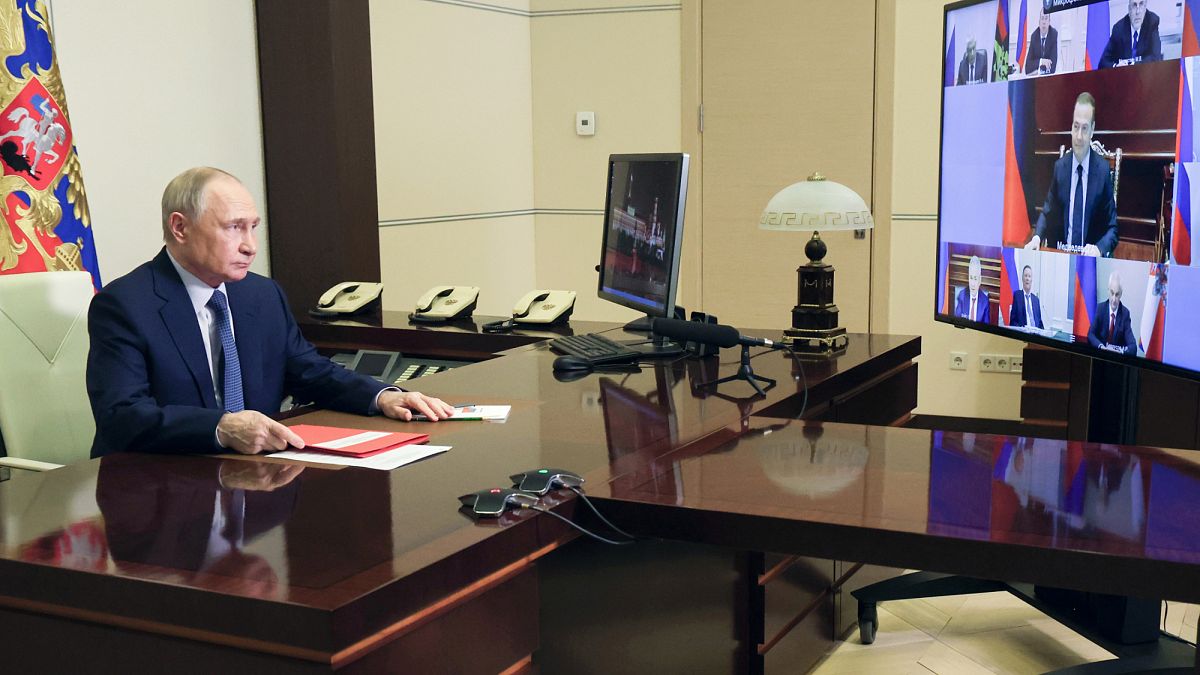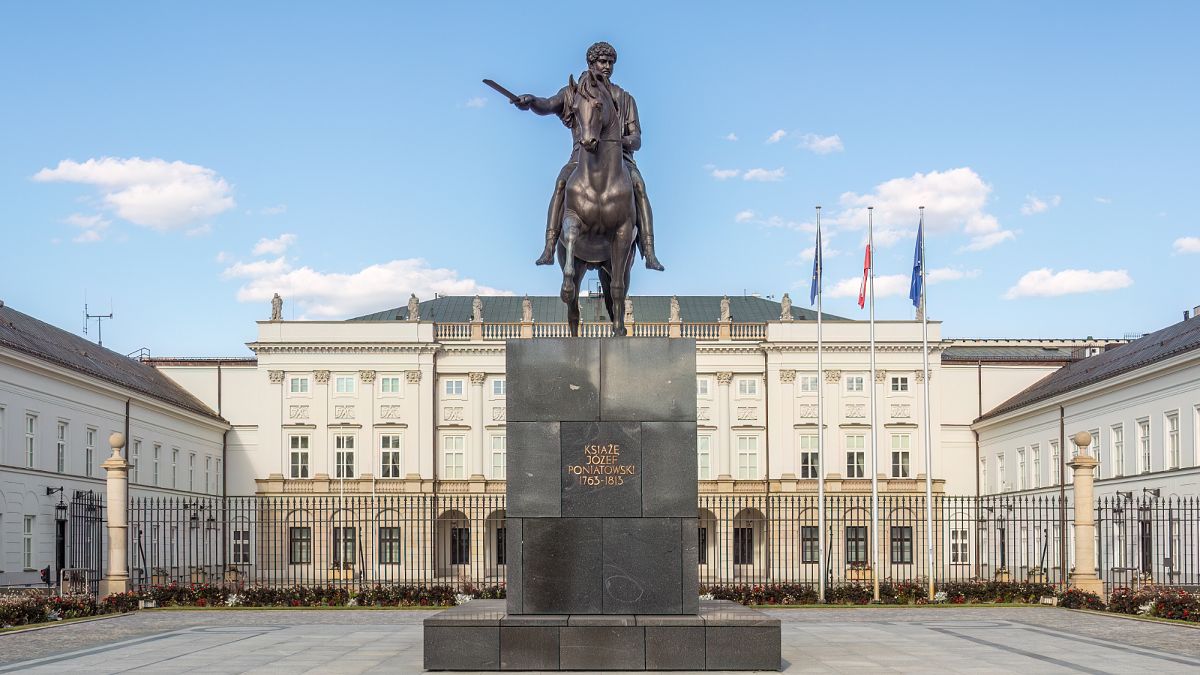Chinese companies are investing massively in Hungary.
A factory for Chinese electric cars "made in Europe" is in the planning stage. And in 2025 in Debrecen, Europe's largest battery factory will go into operation – a €7 billion project of Chinese worldwide market leader CATL. While supporters of such mega-factories highlight economic growth and job creation, critics warn of environmental risks, a jostling for subsidies, and Hungary's growing dependence on China and Russia as energy supplier.
Currently, battery factories for electric cars are under construction all over Europe, not just in Hungary. China’s CATL already has a battery factory in the EU, and that is in Germany. The larger plant in Hungary will be the Chinese company's second factory in the European Union.
The initial position is clear: To stop climate change, scientists agree that fossil fuels should no longer be burned. The future belongs to the electric car. The reason being that carbon dioxide from exhaust gases of conventional vehicles with diesel or petrol engines intensifies the greenhouse effect: The earth is heating up! Consequently, starting in 2035, new cars with combustion engines may no longer be sold in the European Union, even though the combustion engine lobby is still trying to overturn this decision, so far without success.
At this time, the global market for e-car batteries is dominated by China. To reduce import dependency on China, the EU Member States are endeavouring to massively expand battery production on European soil. By 2030, there could be a production capacity of 1.7 terawatt hours in Europe.
Hungary in particular is endeavouring to attract battery producers to the country – and, according to expert estimates, is paying well over two billion euros in direct and indirect subsidies to do so. South Korean battery producers are already active in Hungary today. The first incidents involving solvent leaks have already occurred as well.
Now Hungary is also rolling out the red carpet for China. Chinese electric cars and Chinese batteries will soon be manufactured in Hungary. Geopolitically, this could be a risky strategy, considers Andrea Éltető from the Budapest Institute for World Economics of the Hungarian Academy of Sciences: "This entire (battery) industry will require one quarter of Hungary's total electricity consumption," she points out. The catch: Hungary still procures oil and natural gas from Russia!
Since additional energy-hungry battery production lines are now being commissioned, Hungary's overall energy requirements are increasing. With regard to the Chinese CATL Group and its gigafactory near Debrecen, this represents an annual production capacity of at least 100 gigawatt hours. Scientist Éltető warns: "Hungary is slipping into a multiple dependency, as it is dependent on Russia for energy and now with the many Chinese factories, it is also becoming dependent on China. The Hungarian government wants to be a global player of sorts in this geopolitical game, but for Hungary this does not mean greater independence, on the contrary, it means even greater dependence."

 3 months ago
29
3 months ago
29





 We deliver critical software at unparalleled value and speed to help your business thrive
We deliver critical software at unparalleled value and speed to help your business thrive






 English (US) ·
English (US) ·